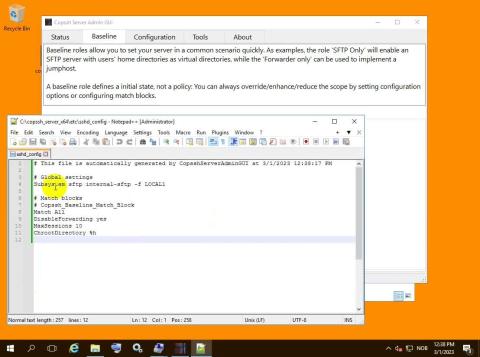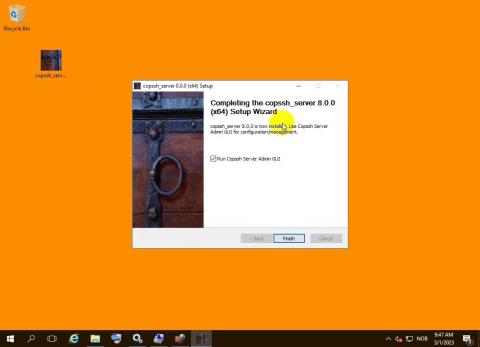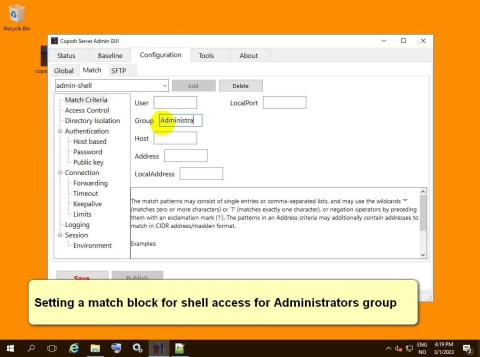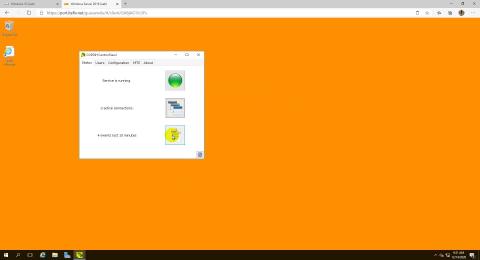Sets up an OpenSSH daemon as a Windows service, so that you can serve incoming ssh/sftp requests from your computer/server.
We offer two flavors of Copssh as of March 2023 - Copssh 7 is our legacy offering with Copssh Control Panel. It is focused on activating access for users. Copssh 8 is our more recent solution with Copssh Server Admin GUI, unleashing almost all functionality available via sshd_config and match blocks.




